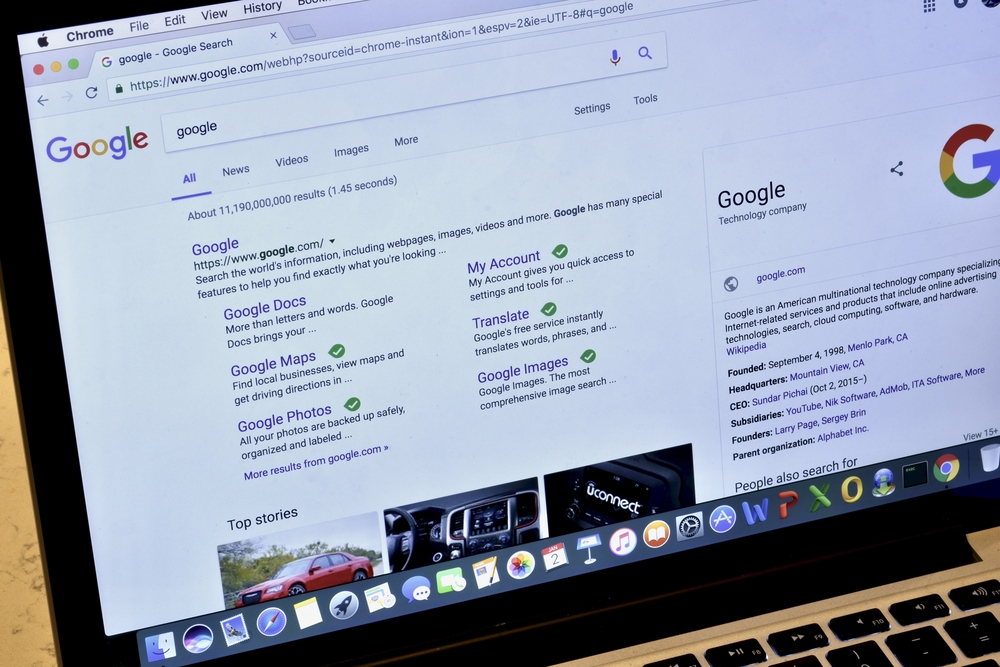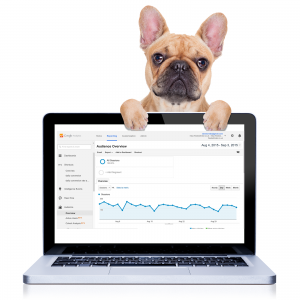Five festive tips for making your content accessible
Before everyone goes away for a well earned break, I thought I would spoil you with a small gift of five festive themed tips to help you make your web pages more accessible.
Warning: this post may contain puns and tenuous festive references



